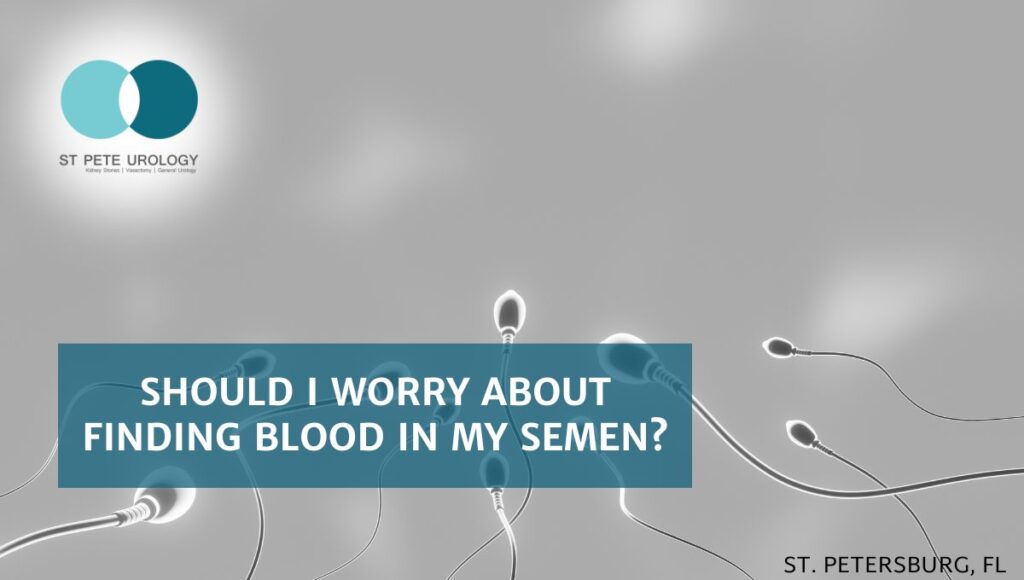3 Key Takeaways:
- 1. Diagnosis of kidney stones requires medical imaging, urine testing, and blood work.
- Treatment options range from increasing fluid intake and taking medications to more invasive methods such as extracorporeal shock wave lithotripsy, ureteroscopy, and percutaneous nephrolithotomy.
- Prevention of kidney stones includes dietary modifications such as reducing sodium and animal protein intake and staying hydrated, as well as regular check-ups to monitor kidney health.
 Injecting a brief wave of concern into your tranquility, there’s a little villain known as kidney stones. These are hard deposits formed from minerals and salts that crystallize in your kidneys. Uncomfortable and often painful, they can bring your daily activities to a grinding halt. But there’s no need to despair. Prompt treatment can save you from the agonizing journey they promise.
Injecting a brief wave of concern into your tranquility, there’s a little villain known as kidney stones. These are hard deposits formed from minerals and salts that crystallize in your kidneys. Uncomfortable and often painful, they can bring your daily activities to a grinding halt. But there’s no need to despair. Prompt treatment can save you from the agonizing journey they promise.
Identifying Kidney Stones
To wage an effective war against kidney stones, you must know your foe. Sharp, unbearable pain constitutes their most recognizable sign. Often coupled with frequent urination, unusual urine color, and nausea, these symptoms should never be ignored. Diagnosis requires medical imaging, urine testing, and blood work. Pay attention to these telltale signs. An early diagnosis can steer you away from more invasive treatment methods.
Non-surgical Treatment Options
Water is your first line of defense. Increasing your fluid intake can help flush out smaller stones. Plus, they come with allies: medications such as alpha-blockers can make the exit journey smoother for these stones. Lifestyle changes, including reducing sodium intake, can also deter future stone formations. Small changes can have a big impact.
Surgical Treatment Options
Sometimes, your body needs an external push to overcome these stubborn foes. Extracorporeal Shock Wave Lithotripsy (ESWL), for instance, uses sound waves to break down larger stones. Ureteroscopy and Percutaneous Nephrolithotomy (PCNL) are other techniques that a skilled urologist could employ to remove these obstructions.
Other Advanced Treatment Options
For more resistant stones, there are even more high-tech solutions. Laser Lithotripsy involves using laser beams to break down the stones, while Robotic Surgery offers precision and reduced chances of complications. Technologies have advanced, and so have your options.
Factors to Consider in Choosing the Right Treatment
It’s a battlefield, and you need a strategy. The size, location of your kidney stones, and severity of symptoms may dictate your treatment options. Your medical history also factors in. A knowledgeable urologist can guide you through these considerations and help you make an informed decision.
Recovery and Aftercare
The aftermath of the war is just as important. Recovery times vary after stone removal, and temporary discomfort can follow. Your urologist should provide advice for managing pain at home, alongside necessary follow-up care, which will likely include changes in eating habits and staying hydrated.
Prevention of Kidney Stones
Prevention is the best defense. Dietary modifications, such as reducing intake of sodium and animal protein, can help prevent a recurrence. Staying hydrated is also crucial. Regular check-ups to monitor kidney health are key to stay on a stone-free path.
Conclusion
If kidney stones have rattled your tranquility, don’t despair. There are numerous treatment options at your disposal, from conservative home care to innovative surgeries. Remember, these stones don’t define you. Take control, seek help, and devise your battle plan.
The team at St Pete Urology in St Petersburg, FL, are experts in dealing with kidney stones. With a range of treatment options and personalized care, they can help you navigate through this journey and claim victory over these stones. Seek their assistance and regain control of your life.
References:
- “Extracorporeal Shock Wave Lithotripsy (ESWL).” https://www.hopkinsmedicine.org/health/conditions-and-diseases/kidney-stones/extracorporeal-shock-wave-lithotripsy-eswl.
- “Percutaneous Nephrolithotomy (PCNL) – Johns Hopkins Medicine.” https://www.hopkinsmedicine.org/health/treatment-tests-and-therapies/percutaneous-nephrolithonomy-pcnl.
- “A Patient’s Guide to Laser Treatment for Urinary Stones.” 25 Apr. 2018, https://www.urologyhealth.org/healthy-living/care-blog/2018/a-patients-guide-to-laser-treatment-for-urinary-stones.





